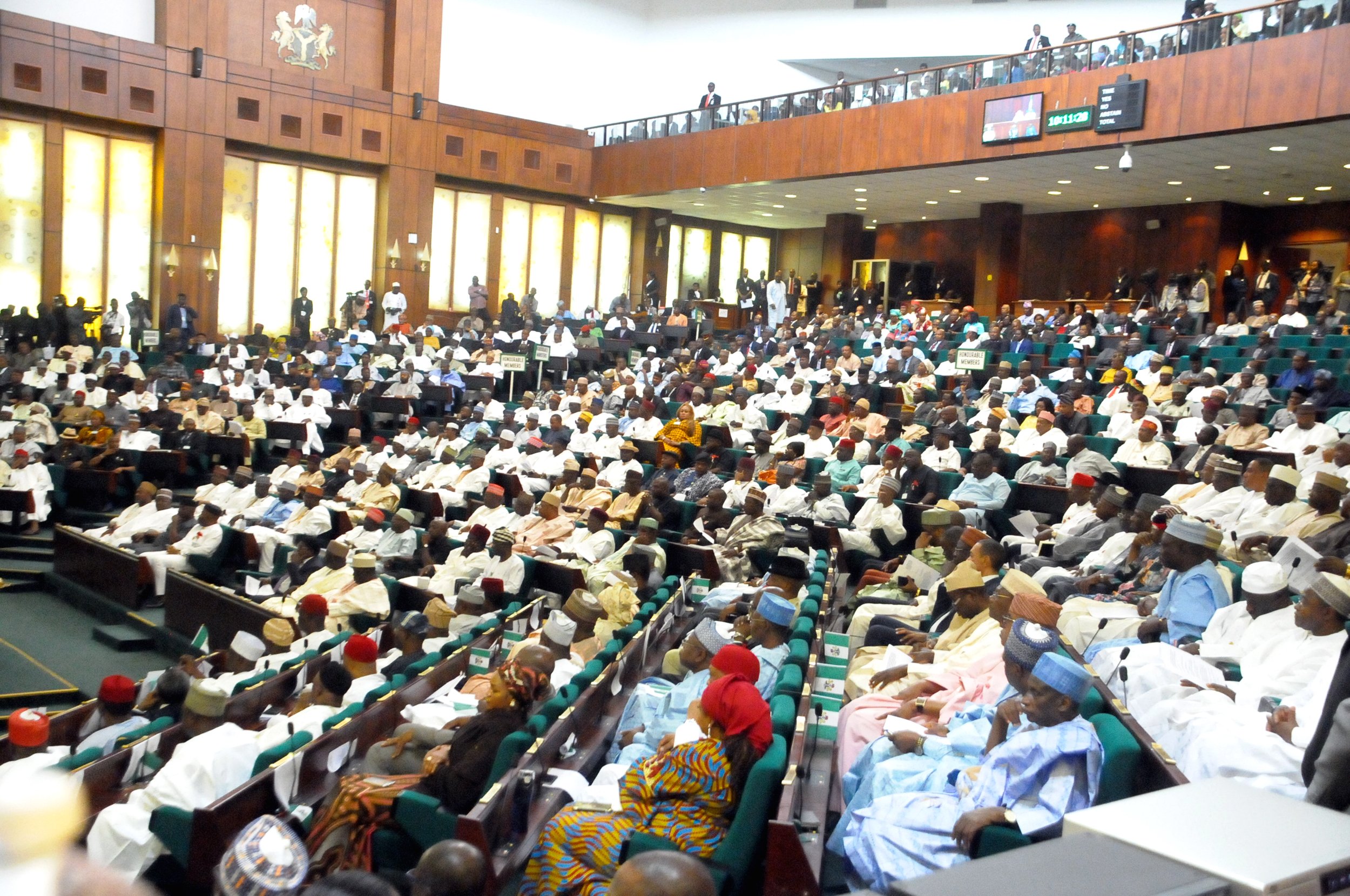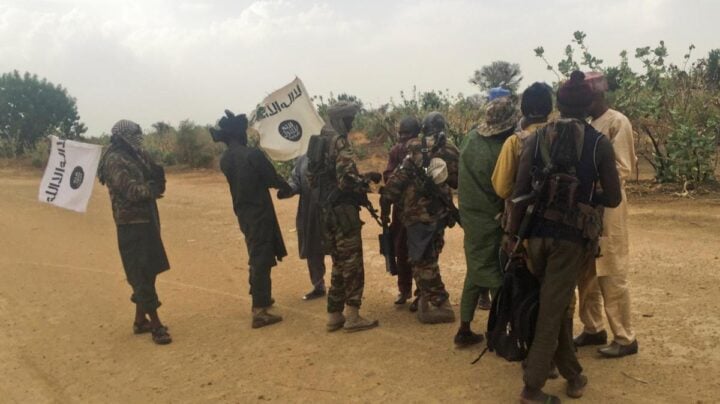The Independent Corrupt Practices and Other Related Offences Commission (ICPC) says it uncovered corrupt practices by lawmakers in the implementation of constituency projects.
In a report, the Constituency Projects Tracking Group (CPTG), a task force of the ICPC, revealed how Nigerian lawmakers connive with agencies to embezzle billions of naira meant for constituency projects.
The report, which is in its first phase, tracked 424 projects from 2015–2018 zonal intervention projects between June and August, 2019.
The report covered 12 states and the federal capital territory. The states are Adamawa, Akwa Ibom, Bauchi, Benue, Edo, Enugu, Imo, Kano, Kogi, Lagos, Osun and Sokoto.
Advertisement
According to the ICPC, findings from the first phase of the tracking exercise contained in the report corroborate the “perception of average Nigerians that ZIPs have become a conduit for corruption” .
The report revealed duplications of some contracts of same description, same narrative, same amount, same location awarded by the same agency.
“This we found, is being done by the legislators in order to bring the total amount allocated to individual legislators within the approval threshold of the executing agency so as to avoid ministerial tender processes,” the report said.
Advertisement
“An example is the project for the supply 8 unit tractors to Bauchi Central Senatorial Zone supplied in 2016. A project of about N91, 935, 546 was split into 4 lots and awarded to 3 different contractors.
“A fluidy specie of Constituency Projects created is the so called Capacity Building and Empowerment projects. It entails training, supplies and distribution of varieties of such implements and tools as motorcycles, tricycles, sewing machines, grinding machines etc to constituents, to empower them to own and operate their own businesses.
“It may also include cash grants in some cases. These Capacity Building and Empowerment projects have become a convenient conduit for embezzling public funds by the sponsoring legislators and the executing agency as they are difficult to track and verify due to their “soft” nature.
The report said the wide disproportionality between appropriations for constituency projects and core-mandate projects of some implementing agencies evident in Small and Medium Enterprises Development Agency (SMEDAN) and Border Community Development Agency (BCDA).
Advertisement
“For instance, in 2015, while the total mandate allocation for SMEDAN was N1,592,323,599, constituency projects allocation was N5,814,369,579,” it said.
“This appropriation jumped up in 2016 to N11,120,099,958; 741 per cent of mandate budget with empowerment and capacity building projects taking 99% of the amount.
“Similar situation was noticed in Border Communities Development Agency (BCDA).
“The size, number and types of Zonal Intervention Projects (ZIP) domiciled in SMEDAN and BCDA for instance have turned them into conduits for, and means of abuse of constituency projects and therefore vulnerable to corruption.”
Advertisement
The ICPC report said there is a need to review the statutory mandate of SMEDAN and BCDA against the types of projects embedded in them.
It recommended that a robust sensitisation of the local communities on the concept, funding and implementation of ZIP should be vigorously undertaken.
Advertisement
“There is need for citizens engagement to sensitize them on the existence of ZIP and its operation as it affects their local communities,” it said.
“Government should not accept new projects in a particular constituency if there are existing uncompleted or underfunded projects in that constituency. Existing projects must be completed before the introduction of new ones.
Advertisement
“Empowerment and Capacity building constituency projects should be temporarily suspended being basically a window for self-aggrandizement and corruption, particularly the so called “grants”, which is just free money without accountability, asides being difficult to track.
“If however they must go on, the implementation process and mechanism must be completely overhauled to put it strictly under absolute control of the executing agency.”
Advertisement
Add a comment






